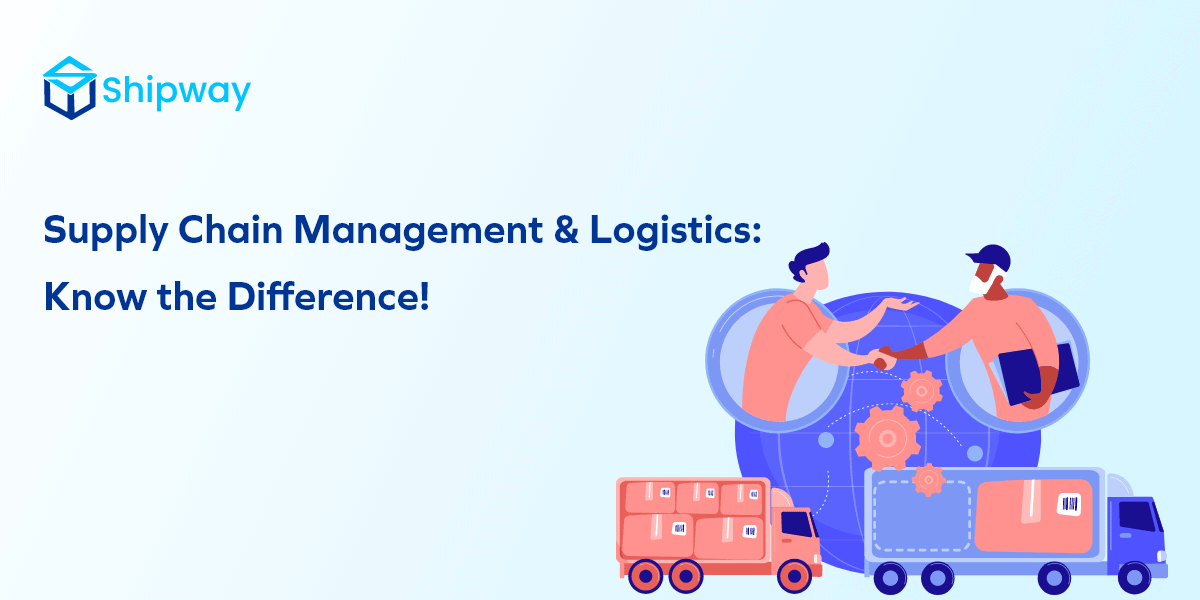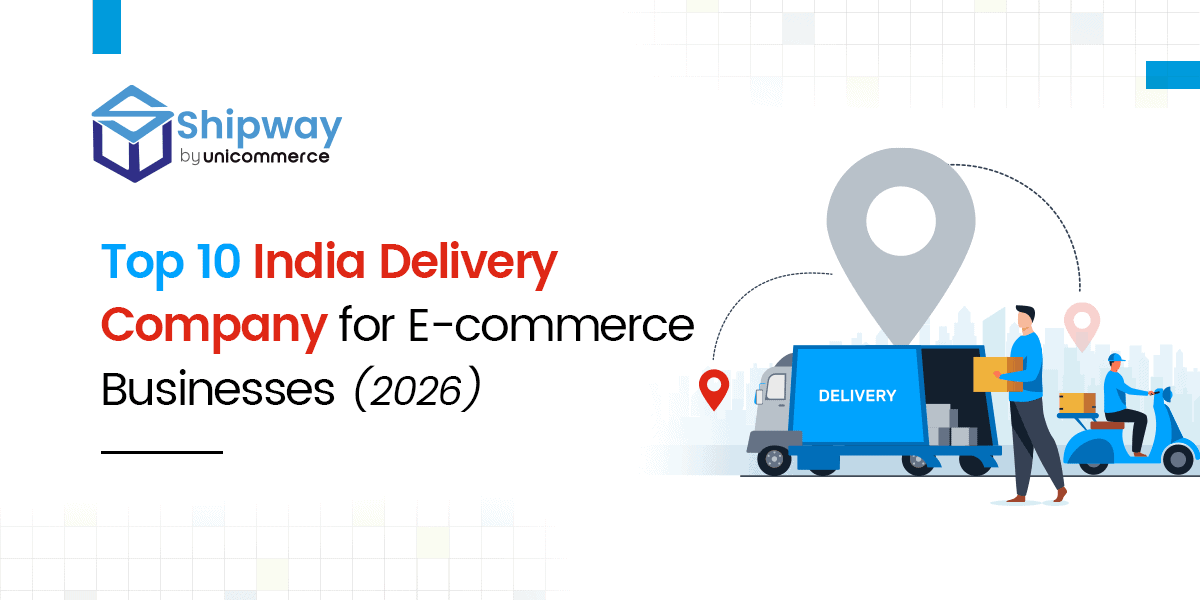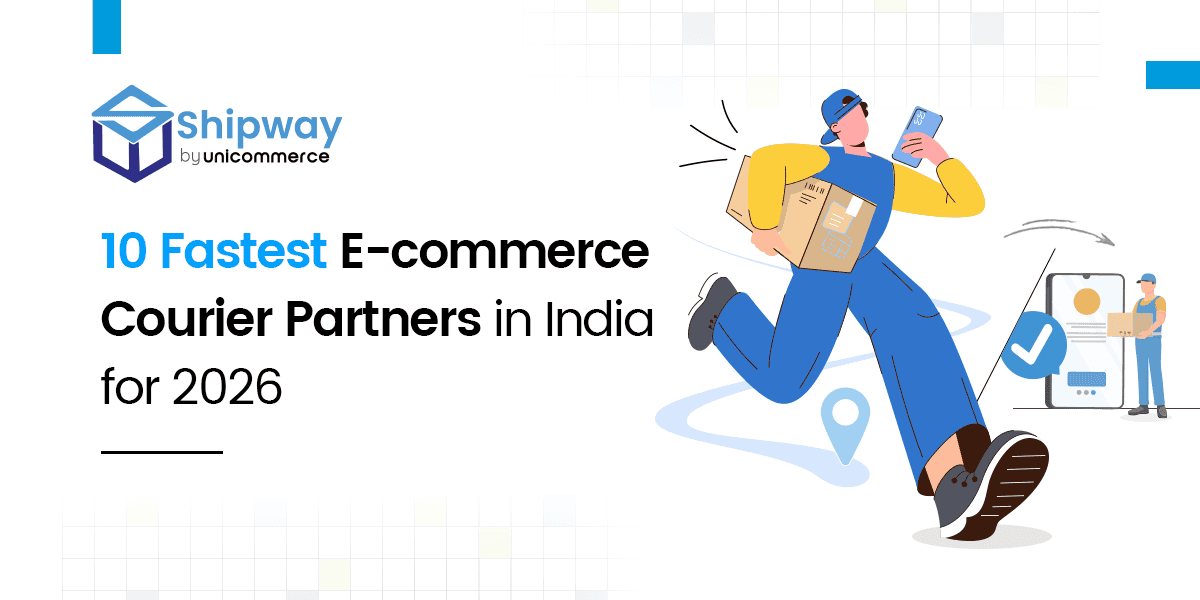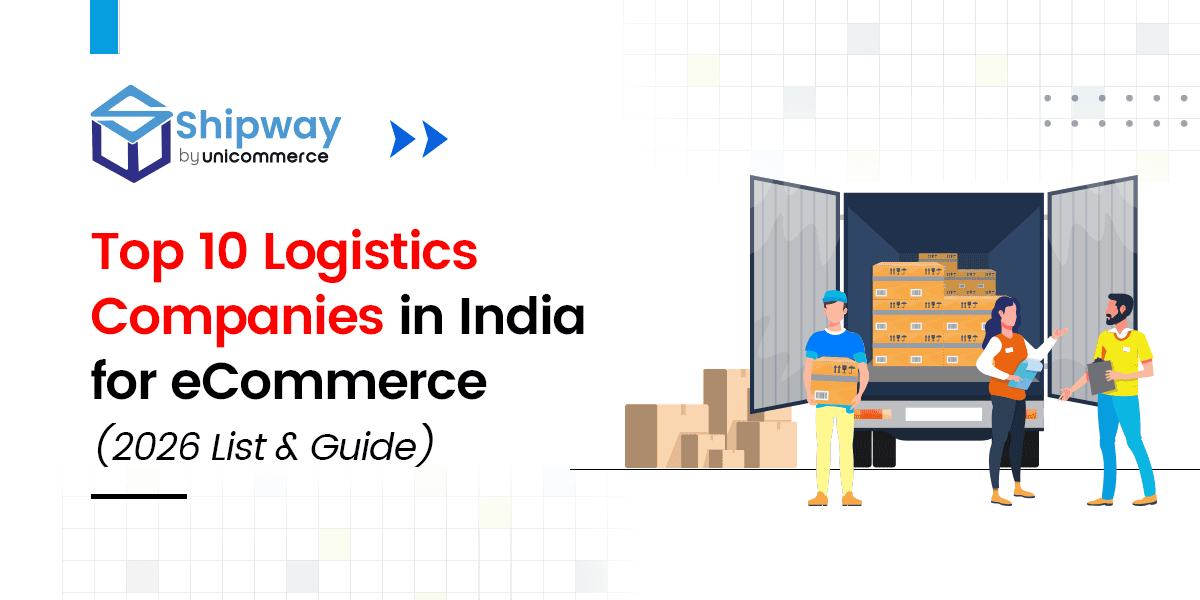Many eCommerce brands often confuse the terms “Supply Chain Management” and “Logistics,” assuming they refer to the same process. However, these two elements, while interconnected, have distinct roles in an ecommerce business. As your business grows, understanding the difference between supply chain management and logistics is key to optimizing operations, managing estimated delivery dates, and enhancing overall customer experience.
Let’s explore the similarities and distinctions between supply chain management and logistics management, and how they collaborate to streamline eCommerce order fulfillment.
What is Supply Chain Management?
“Supply chains compete, not companies.” ~Hau Lee
- End-to-End Operations: Supply chain management (SCM) involves overseeing all stages of the supply process—from planning to delivering products to customers. It’s about optimizing procurement, production, distribution, and storage to ensure the smooth flow of goods and services. SCM helps businesses achieve efficiency, improve customer satisfaction, and lower costs.
- Strategic Planning: SCM starts with understanding customer needs and devising strategies to meet them. Effective management involves applying methods of demand forecasting, planning resources, and aligning operations accordingly.
- Sourcing and Procurement: SCM is about choosing the right suppliers through supplier relationship management. Reliable suppliers ensure timely and fast deliveries, competitive prices, and consistent raw material availability, all of which contribute to a well-functioning supply chain.
- Efficient Production: Maximizing machine and employee productivity while minimizing waste is a key objective of SCM supply chain management. This leads to cost-effective production, which is critical for maintaining a competitive edge.
- Distribution and Customer Experience: Effective supply and chain management covers everything from inventory storage to shipping and returns & exchanges, including managing warehousing management and transportation. Smooth distribution not only enhances the customer experience but also ensures that goods are delivered on time.
What is Logistics Management?
“Logistics is the art of getting the right thing, to the right place, at the right time.” ~ Bernard Ashley
- Focused on Transport and Storage: Unlike SCM, logistics supply chain management zeroes in on transportation and storage within the broader supply chain framework. Its main role is to ensure that products are moved efficiently from point A to point B.
- Transport Efficiency: Logistics management optimizes the movement of goods, ensuring timely deliveries. This directly impacts customer satisfaction and retention—key factors in successful logistics chain management.
- Logistics as a Part of SCM: Logistics and supply chain management are closely related, but logistics focuses on operational aspects, including logistics services, warehousing, and inventory management. These are essential components of the broader SCM strategy.
- Warehousing and Inventory Management: A key part of logistics is ensuring proper storage of goods, particularly for perishable items. Warehousing management prevents order delays by ensuring stock is always available in a certain area. An advanced inventory management system can help in managing perishable items by optimizing stock levels, ensuring FIFO, monitoring storage conditions, automating reordering, and reducing waste.
- Shipping and Delivery: Shipping is where your business interacts with the customer. Whether you handle logistics in-house or use external logistics services, getting products to customers on time is crucial for maintaining a seamless supply chain.
Key Differences: Supply Chain Management vs. Logistics
- Scope and Focus:
Supply chain management (SCM) encompasses the entire supply process, from raw material procurement to customer delivery, focusing on efficiency and customer satisfaction. Logistics and transport management, on the other hand, primarily handles the movement, storage, and delivery of goods. - Comprehensive vs. Specific:
While supply channel management takes a holistic approach, overseeing multiple aspects like procurement, production, and distribution, logistics and supply management focuses specifically on transporting and storing goods within the supply chain logistics network. - Customer-Centricity:
SCM aims to meet customer needs by streamlining the supply process. Logistics partners play a key role in ensuring that goods are delivered efficiently and on time, impacting the overall customer experience. - Strategic vs. Operational:
SCM involves high-level decision-making, such as selecting suppliers and designing distribution networks. At the same time, logistics services near me are more focused on day-to-day operational tasks like transportation and warehousing.
How Supply Chain Management and Logistics Work Together?
SCM and logistics are interdependent. SCM focuses on strategy—coordinating procurement, production, and distribution—while logistics ensures the practical execution of these processes by managing transportation, warehousing, and inventory. Together, they help businesses achieve efficiency, reduce shipping costs, and improve delivery times.
Implementing procurement software can further enhance this coordination by streamlining purchasing workflows and improving supplier management.
SCM logistics ensures that the entire supply chain, from supplier to customer, operates smoothly. Effective logistics not only supports SCM goals but also boosts efficiency, reduces costs, and enhances customer satisfaction.
Why Logistics is Critical to SCM?
Efficient shipping services ensure products are delivered on time and within budget, enhancing the overall supply chain logistics network. Whether handled in-house or through external 4PL or 3PL services, logistics plays a crucial role in helping eCommerce businesses stay competitive.
As customer demands evolve, logistics professionals need to stay updated on emerging trends in supply chain and logistics. By improving logistics strategies, businesses can optimize distribution and better meet the growing demands of the eCommerce market.
Final Takeaway
While supply chain management and logistics are closely connected, they are distinct processes that shouldn’t be used interchangeably. Logistics is a key component of SCM, focused specifically on moving and storing goods. Understanding the supply chain and logistics differences is especially important for businesses in the eCommerce and retail space. After all, logistics is a key piece of the puzzle that can make or break the customer experience. Getting it right means smoother operations, faster deliveries, and ultimately happier customers!
You may also like…
Top 10 India Delivery Company for E-commerce Businesses (2026)
Choosing the right India delivery company is crucial for eCommerce businesses looking to provide fast, reliable, and cost-effective shipping. The...
read more10 Fastest eCommerce Courier Partners in India for 2026
Finding a fast delivery service in India has become essential for every growing eCommerce brand. With customer expectations rising rapidly, online...
read moreTop 10 Logistics Companies in India for eCommerce (2026 List & Guide)
Introduction: Why Logistics Matters for India’s Growing eCommerce Sector The Indian eCommerce sector has witnessed tremendous growth, projected to...
read more




